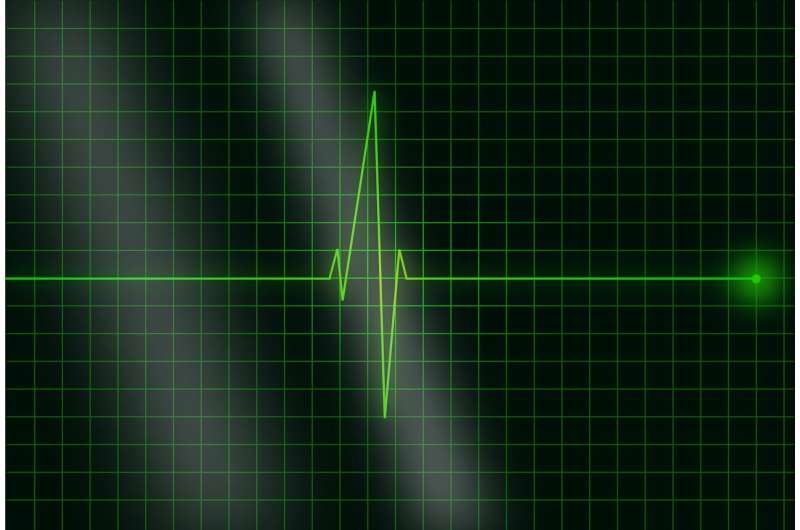
New study results validate the effectiveness of the Medtronic Harmony transcatheter pulmonary valve (TPV) system for patients with congenital heart disease (CHD) and severe pulmonary regurgitation (PR). The Harmony TPV is designed to be a less invasive treatment option for patients with irregularity in their right ventricular outflow tract (RVOT) needing pulmonary valve placement to restore valve function. The results of this study are being presented as late-breaking clinical science today at the Society for Cardiovascular Angiography & Interventions (SCAI) 2021 Scientific Sessions.
About 40,000 infants are born with CHD every year in the United States and approximately one in five CHD patients have an abnormality of their right ventricular outflow tract (RVOT) . Prior to TPV technology, CHD patients were treated with invasive procedures such as open-heart surgery or opted for surgical valve replacement later in life. These procedures are associated with high risk for further complications and mortality. The Harmony TPV is designed to be a non-invasive, non-surgical treatment option for these adolescent and adult CHD patients.
The prospective, nonrandomized study was conducted at ten sites in the U.S., Canada, and Japan and included 67 patients who received the valve. Primary safety and effectiveness endpoints included freedom from procedure or device-related mortality at 30 days and percentage of patients with acceptable hemodynamic function at 6 months and no Harmony valve intervention.
Investigators analyzed two sizes of the Harmony valve, a 22-mm valve (TPV22) and a modified version of the original 25-mm valve (mTPV25). Clinical outcomes through one year included no mortality, endocarditis, major stent fractures or need for surgical intervention. One patient underwent a valve-in-valve intervention for residual stenosis. Over 90% of patients reported having little to no pulmonary regurgitation during follow-up visits.
“This is a brand-new class of cardiac devices designated to help a very specific patient population where no less-invasive, percutaneous treatment options were available until now,” said Thomas Jones, MD, Principal Investigator and Director, Cardiac Catheterization Laboratories at Seattle Children’s Hospital. “Unlike any other TPV, this novel technology is designed to expand into the enlarged RVOT in these patients while simultaneously deploying a suitable bioprosthetic pulmonary valve. The Harmony TPV system has the potential to fundamentally alter the lifetime management of CHD patients from here on out.”
Source: Read Full Article
